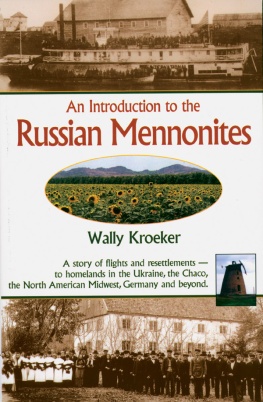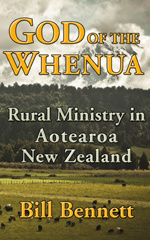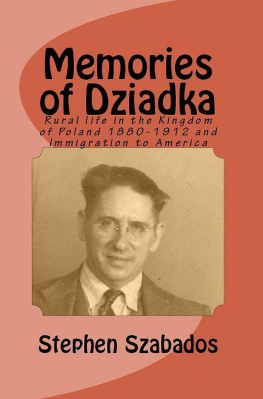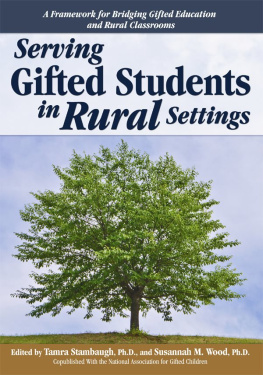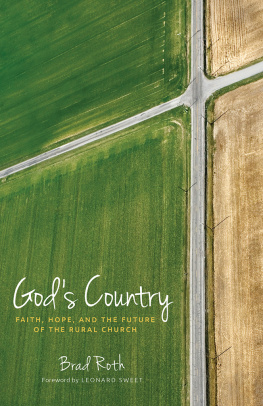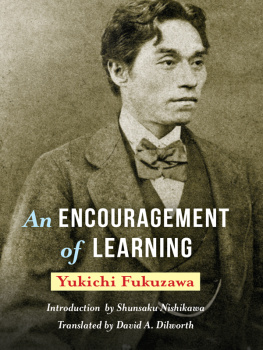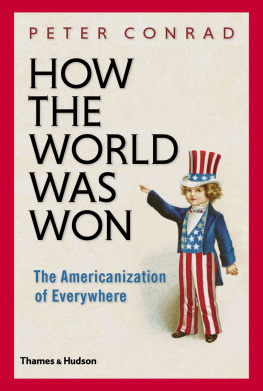ROUTLEDGE LIBRARY EDITIONS:
RURAL HISTORY
Volume 6
THE AMERICANIZATION OF A
RURAL IMMIGRANT CHURCH
THE AMERICANIZATION OF A
RURAL IMMIGRANT CHURCH
The General Conference Mennonites
in Central Kansas,
1874-1939
DENNIS D. ENGBRECHT
First published in 1990 by Garland Publishing, Inc.
This edition first published in 2018
by Routledge
2 Park Square, Milton Park, Abingdon, Oxon OX14 4RN
and by Routledge
711 Third Avenue, New York, NY 10017
Routledge is an imprint of the Taylor & Francis Group, an informa business
1990 Dennis D. Engbrecht
All rights reserved. No part of this book may be reprinted or reproduced or utilised in any form or by any electronic, mechanical, or other means, now known or hereafter invented, including photocopying and recording, or in any information storage or retrieval system, without permission in writing from the publishers.
Trademark notice: Product or corporate names may be trademarks or registered trademarks, and are used only for identification and explanation without intent to infringe.
British Library Cataloguing in Publication Data
A catalogue record for this book is available from the British Library
ISBN: 978-1-138-89481-5 (Set)
ISBN: 978-1-315-11336-4 (Set) (ebk)
ISBN: 978-1-138-73233-9 (Volume 6) (hbk)
ISBN: 978-1-315-18804-1 (Volume 6) (ebk)
Publisher's Note
The publisher has gone to great lengths to ensure the quality of this reprint but points out that some imperfections in the original copies may be apparent.
Disclaimer
The publisher has made every effort to trace copyright holders and would welcome correspondence from those they have been unable to trace.
THE
AMERICANIZATION
OF A RURAL
IMMIGRANT
CHURCH
The General
Conference Mennonites
in Central Kansas,
1874-1939
Dennis D. Engbrecht
GARLAND PUBLISHING N EW Y ORK & L ONDON 1990
TABLE OF CONTENTS
Copyright 1990 by Dennis D. Engbrecht
All Rights Reserved
Library of Congress Cataloging-in-Publication Data
Engbrecht, Dennis D.
The Americanization of a rural immigrant church:
the General Conference Mennonites in central Kansas,
18741939/ Dennis D. Engbrecht.
p. cm.(European immigrants and American society)
Thesis (Ph. D.)University of NebraskaLincoln, 1985.
Includes bibliographical references.
ISBN 0-8240-7424-6 (alk. paper)
1. MennonitesKansasCultural assimilation. 2. General
Conference Mennonite Church. Western District
ConferenceHistory. 3. KansasSocial life and customs.
4. KansasChurch history. I. Title. II. Series.
F690.M45E541990
305.6'870781dc2090-41236
Printed on acid-free, 250-year-life paper.
Manufactured in the United States of America
Design by
Julie Threlkeld
Writing a dissertation makes one debtor to a host of people. One of the most satisfying obligations in the completion of a manuscript is to express appreciation for help received.
Financial assistance from the Addison E. Sheldon Fellowship Foundation, the Henry J. Amen Fund, and Vennard College made convenient the efficient research and writing of this dissertation. A number of my colleagues at Vennard College carried a significant portion of my responsibilities during frequent absences from campus. I am also indebted to the Faith Missionary Church in Weeping Water, Nebraska, for relieving me of several normal pastoral responsibilities during the early stages of research.
No one can write on General Conference Mennonite history without a stay at the Mennonite Library and Archives on the campus of Bethel College in North Newton, Kansas. Archivists Robert Kreider and David Haury, along with their staff, went out of their way to make my work there profitable and enjoyable. A special word of gratitude is due Professor James C. Juhnke of Bethel College for his insightful reflection on an early draft. At times I was overwhelmed by the warm hospitality of the fine people at the Mennonite Library and Archives.
John Horning and Ronald Wilson allowed me to take advantage of friendships by consenting to read early drafts and discuss important concepts, thus rescuing me from many stylistic blunders.
I have benefitted from the close readings and criticisms of Professors Ann Kleimola and James Rawley of the University of Nebraska. Professor Frederick C. Luebke directed the project from start to finish with the proverbial fatherly hand and penetrating eye. He has been both my greatest critic and most coveted source of encouragement. I have profitted from his teaching, good counsel, and thoughtful reading of more drafts than we care to count. Naturally, no one but myself is to blame for errors and infelicities which remain.
I reserve the most notable appreciation for my family. Countless letters and encouraging calls from my parents have served to spur me on at crucial junctures. My two sons, Nathan and Aaron, have made the ultimate sacrifice of allowing me hours of solitude for research and writing. Finally, a special acknowledgment goes to my wife, Karla, who not only typed the early drafts of this study, but whose love and understanding inspired me in the initial stages, and whose refusal to take this project more seriously than it deserved in the final stages aided me more than she realized.
In the summer of 1882 a newspaper editor from Atchison visited several settlements of Mennonites from Russia in central Kansas. Nobel Prentis was no stranger to Mennonite settlers in Harvey, McPherson, and Marion counties. He had visited them in 1875 following their first year in America. His observations, recorded in the Topeka Commonwealth , revealed a fascination for quaint Mennonite villages and a Russian oven that heated with straw. As a champion of settlement in Kansas, Prentis was a regular visitor to numerous immigrant settlements through-out the state and frequently printed interviews with successful prairie pioneers. He made no secret of the fact that the Mennonites of central Kansas were model settlers. In a mere seven years they had transformed the bare prairie into a garden of the plains with miniature forests, fenced fields of wheat and corn, and farms surrounded by orchards that nearly hid their houses. Prentis traveled from home to home recording the stories of poor immigrants who in less than a decade had developed into self-sufficient settlers. Success came with a price, however, and Prentis, in spite of his zeal to promote settlement in young Kansas, suspected that the cost would be even higher for the peaceloving, separatist Mennonites. He predicted that they would continue to prosper in their new homeland but in the process they would lose the very dignity they sought to preserve by leaving Russia:
The orchards will bud and bloom, and amid them will stand the solid brick houses, like those of Russia, and the richest farmers of Kansas will dwell therein. But there is a danger that this will not come to pass. Jacob and David will go to work on the railroad, and let the plow take care of itself; and Susanna and Agantha will go out to service in the towns, and fall to wearing fine clothes and marrying American Gentiles; and the evil day may come when the descendant of the Mennonites of the old stock will be cushioning store-boxes, saving the Nation with his mouth, of even going about like a roaring lion, seeking a nomination for Congress. I wish I could belief it otherwise. I wish our atmosphere did not make us all so smart that we cannot enjoy good health. Were it not for that accursed vanity and restlessness which is our heritage, I could indulge in a vision of future--of a peaceful, quiety, wealthy people, undistrubed by the throes of speculation or politics, dwelling in great content under the vines and mulberry trees which their fathers planted in the grassy wind-swept wilderness.


